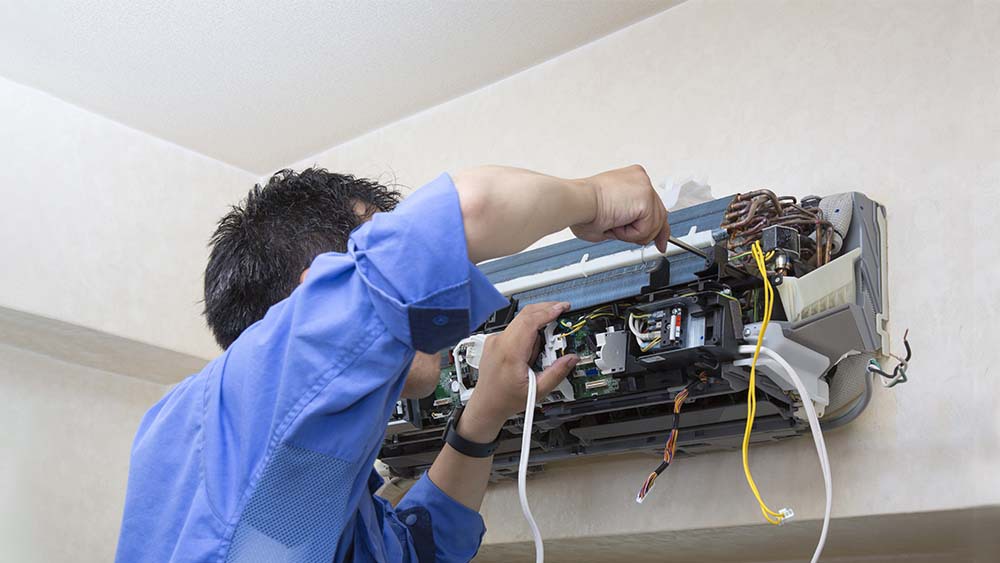
Disposing of trash and other waste products is a necessary part of operating any business. However, in the new era of sustainable commerce, many businesses are taking a second look at how much waste they create and where it goes. Increasing numbers of businesses are setting the ambitious goal of reaching zero waste.
You might have heard of the zero waste movement in homes, but is it possible to implement it in a business context? While zero waste definitely comes with some major challenges, it’s more possible than it’s ever been in the modern era! Let’s get acquainted with the basics of zero waste, learn about its benefits and talk about some tips for implementing it in a small business setting.
The Fundamentals of Zero Waste Practices
The core idea of a zero waste business is to reuse or recycle every type of waste product rather than sending it to a landfill. In a true zero waste business, everything from packaging to tools to electronics is part of a “closed loop” life cycle that allows it to be used again. However, even smaller everyday steps like using eco-friendly trash bags can get you closer!
To understand how this works in practice, we can use the Zero Waste Hierarchy model. It’s similar to the “reduce, reuse, recycle” model that you’ve probably heard of, but it goes a little more in-depth. Here’s a basic model of how the levels work, starting with the most desirable:
- Refuse, Rethink and Redesign: Creating business models and products that generate less waste or no waste.
- Example: A food store that uses no disposable product packaging and gives customers a reusable container instead.
- Reduce and Reuse: Finding a new home for ready-to-use products that would otherwise be thrown away.
- Example: A bakery that gives its unsold products to a soup kitchen at the end of the day.
- Prepare for Reuse: Cleaning, refurbishing or otherwise reusing goods that aren’t currently usable.
- Example: An electronics company that collects and refurbishes broken or obsolete devices.
- Recycle and Compost: Collecting and reclaiming materials to be converted into secondary materials.
- Example: A business that recycles plastic which is later converted into eco-friendly trash bags or a restaurant that turns food scraps into compost.
- Manage Residuals: Minimizing the environmental impact of materials in landfill waste streams.
- Example: Switching to biodegradable plastic packaging materials.
Benefits of Being a Zero Waste Business
Zero waste is a major sustainability commitment, but it can bring some serious benefits for businesses who choose to accept it:
- Corporate Responsibility: Your business can hold its head high and feel proud of its contribution to maintaining a green and livable planet for everyone. While going zero waste is far from the only way to contribute to a greener economy, it’s definitely one of the most impactful ways to do it.
- Green Branding Opportunities: A genuinely sustainable business also offers great opportunities to talk to your customers about your environmental commitments. Research shows that high consumer demand exists for green packaging, so it could be a boon for attracting new business.
- Long-Term Financial Health: Remember, the term “waste” doesn’t simply mean trash — it literally means wasted resources. That’s why substantially reducing your waste can be financially beneficial to your business in addition to its environmental benefits. While it can cost more in the short-term, zero waste is about creating long-term sustainable systems that can ultimately reduce costs.
- Future Proofing: Reducing waste has become an increasingly important priority for regulators in the U.S. and worldwide. The more steps your business takes toward zero waste now, the better you’ll likely be prepared for a future in which waste disposal (particularly of plastic waste) will be more structured and regulated.
Getting Your Business on the Path to Zero Waste
Even if you’re not ready for a true zero waste operational overhaul, there are steps your business can begin taking right now to get on the path toward zero waste. Let’s talk about five of the most important ones.
- Incorporate sustainable garbage bags to keep waste out of landfills whenever possible.
Since the goal of zero waste is to avoid the landfill completely, you’ll need robust recycling and composting practices to get there. A simple switch your business can make is using recyclable trash bags that you can reuse. You can also set up a company-wide recycling program as well, just make sure that all employees know what your recycling pickup service accepts so you don’t contaminate recyclables with non-recyclable waste.
If you’re looking to add more composting practices to your business, consider adding a compost bin into your office kitchen area. This is a great way to encourage your employees to be more mindful with their waste as well. When disposing the compost, try using compostable trash bags that can hold the waste.
- Evaluate product packaging and design out waste.
Product packaging is a huge source of waste, especially when it comes to pollution sources like single-use plastic. “Designing out” waste means offering products in packages that result in less waste or no waste. Think twice about whether plastic wrap is the best option, for example, or whether you might instead give customers a refillable cup, tote or other container that’s perfect for taking products home in.
- Take responsibility for the disposal process of your products and packaging.
Another strategy that businesses increasingly use is to take ownership of waste reuse and disposal processes for their products. In some cases, this might mean offering repair services or instructions for a product. In others, it might mean establishing a takeback program at your business for products that are hard to dispose of correctly. Think about how your products could have a second life after they pass their initial period of use.
- Do what you can with what you have.
Going zero waste definitely isn’t an overnight process, and it often starts with going after “low-hanging fruit” — processes and products that are easier to change and make an immediate impact. For example, switching to biodegradable flatware for your takeout restaurant can make a difference with minimal impact on customer satisfaction and a relatively modest price increase.
No one said that going zero waste would be easy. For many businesses, however, it’s an important part of building a sustainable future. If your business is ready to start the transition, you’ll find an enthusiastic group of sustainable business owners who are doing the same thing!






